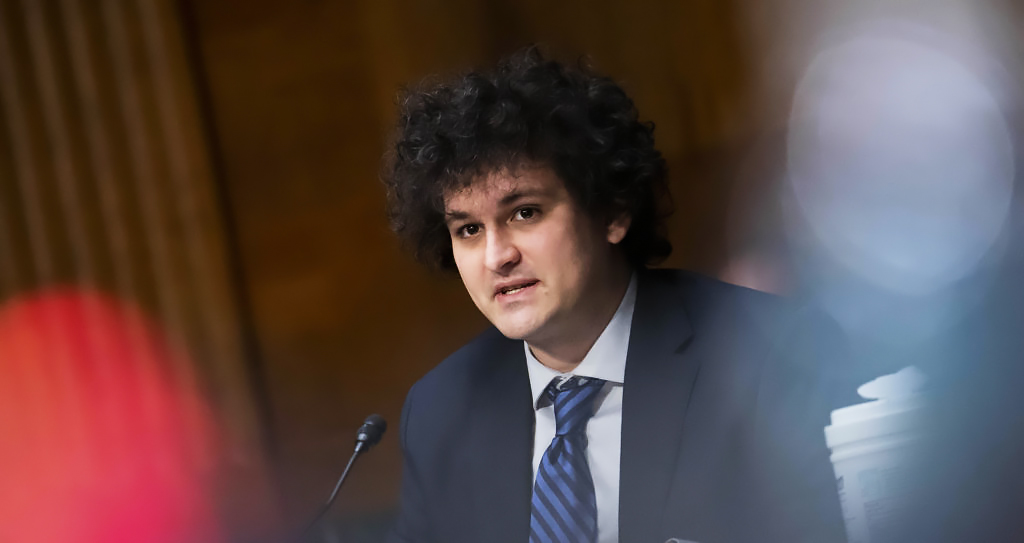The fall of the FTX cryptocurrency exchange isn’t the only crypto-collapse of the last 12 months, but it could be prove to be the most significant.
There’s much more than crypto’s tattered reputation at stake here. Despite his counter-cultural vibes, FTX founder Sam Bankman-Fried is (or was) a pillar of the establishment. His parents are Stanford law professors. He is also a leading political donor, funnelling tens of millions of dollars to the U.S. Democrats. And, perhaps most significantly, he’s a leading philanthropist who championed and bankrolled the effective altruism movement.
Effective altruists believe in doing good rationally. Instead of being guided by sentiment or tradition, their argument is that givers should use objective methods to maximise the amount of good that their money can do.
Bankman-Fried is the ultimate effective altruist: the 30-year-old crypto-billionaire who’s also a generous donor. One might regard all things crypto with suspicion or believe that billionaires shouldn’t exist — but just look at what he used his money for. In other words, it’s the consequences that matter.
To the cynics, the philanthropy is a smokescreen: a means of distracting our attention from what some people believe to be a scam. Leading proponents of effective altruism — such as William MacAskill, a professor of moral philosophy at the University of Oxford — have already expressed their horror at this possibility.
It should be said that, at this stage, we don’t know exactly what went wrong at FTX or the associated crypto trading outfit, Alameda Research. However, the smokescreen theory strikes me as over-simplistic.
It’s possible that Bankman-Fried was entirely sincere in his philosophical convictions. Indeed, the philosophy may have inspired his business strategy as opposed to merely providing PR. Consider his recent interview with Tyler Cowen, in which SBF agrees that he is a “fairly pure Benthamite utilitarian”. Cowen then goes on to ask him, “Should a Benthamite be risk-neutral with regard to social welfare?”, to which SBF replies “Yes, that I feel very strongly about.”
Risk neutrality is the idea that a 50% chance of winning two million pounds is worth just as much as a 100% chance of winning a million pounds. And, in terms of pure mathematics, that appears to be correct — especially when you’re a philanthropically-minded investor making multiple bets in the market place. Consistent with utilitarian principles, you can maximise the amount of money you can make (and therefore do good with) by taking risks that a more cautious individual would shy away from.
But there are limits. There comes a point at which financial risks become so complex and intertwined that they move beyond the capacities of human beings, however competent, to manage them rationally. Which is why we must submit to time-honoured principles that keep us from running such risks in the first place.
For instance, as we learned during the banking crisis of 2008, high-risk investment operations should be firewalled from financial service providers that look after the money of ordinary savers. Indeed, many people would see such as a rule as something that should be adhered to because it is good in and of itself.
Philosophically, this is the deontological position: the idea that certain actions are intrinsically right or wrong. For rationalists who balk at notions of transcendent good and evil, and utilitarians who only care about outcomes, this is anathema. And yet the fall of FTX and the wider crypto meltdown is a lesson that we must live within limits and accord them the highest respect.











Join the discussion
Join like minded readers that support our journalism by becoming a paid subscriber
To join the discussion in the comments, become a paid subscriber.
Join like minded readers that support our journalism, read unlimited articles and enjoy other subscriber-only benefits.
Subscribe